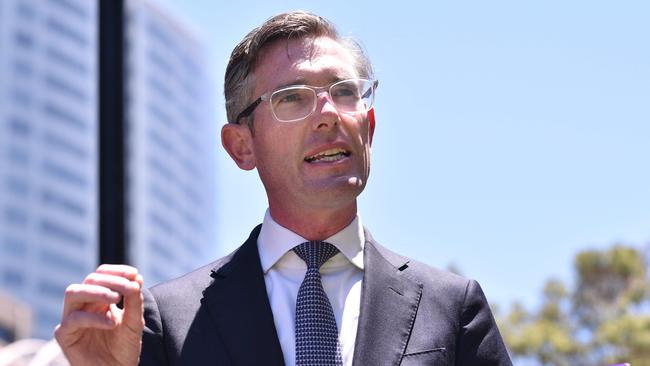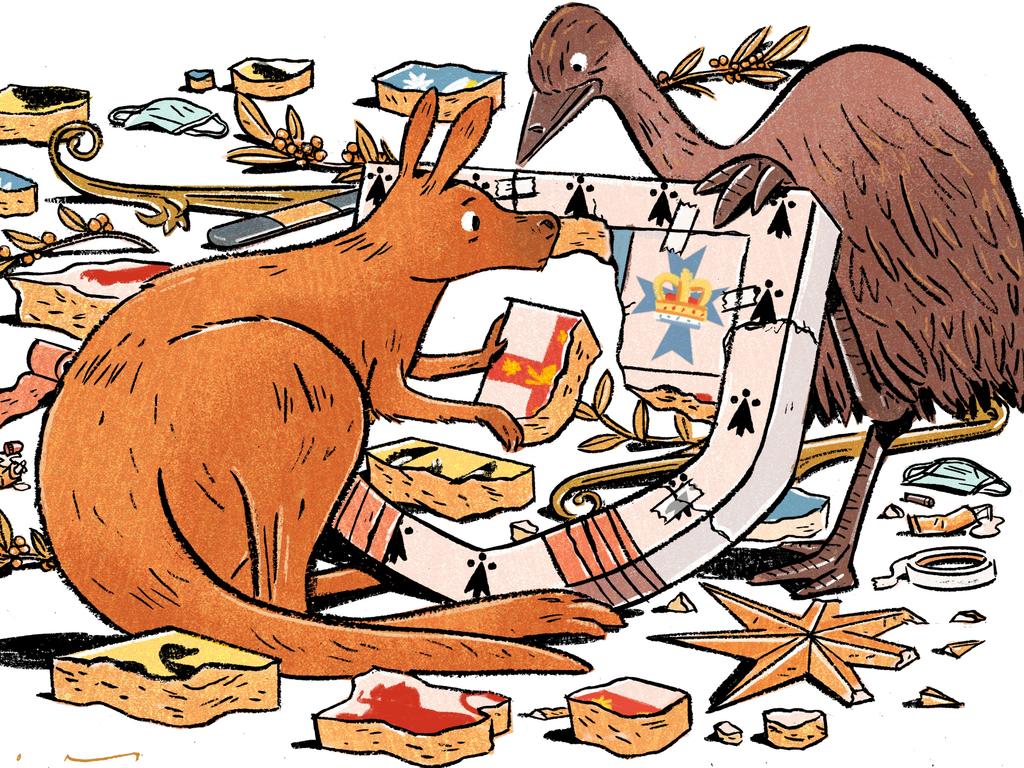Pandemic lessons for nought without federation reform

Federal reform should be at the forefront of political debate yet it has barely rated a mention. This stands in contrast to past election campaigns. Tony Abbott for example described the Federation as our “biggest political problem” and promised a white paper on reform.
Kevin Rudd likewise came to office with a commitment to “end the blame game”. His signature achievement was a new agreement on federal-state financial relations to promote innovation and competition.
Past prime ministers have recognised the need to improve our federal system, but none has brought about the long-term, fundamental changes Australia needs. As a result, the federation remains as a barrier to economic growth and prosperity. In some areas, like water policy, state and federal governments clash over who should take charge. In other areas, such as mental health, no government is prepared to bear responsibility.
When it comes to taxes, the commonwealth raises more money than it needs, leaving the states dependent on grants to support core community services.
Australia’s system of government is characterised by uncertainty, duplication and buck-passing. The result is often gross inefficiency, with the consequence that Australians pay additional tax to prop up poorly designed government structures.
It has been estimated that governments squander over $20bn a year, or nearly 10 per cent of all government expenditure, due to problems with our federal structure. This is money spent on unnecessary bureaucracy and poorly design programs that might instead be directed to improving patient care, delivering higher-quality education and employing more staff in aged care.
These problems have been apparent for many years, indeed decades. What has changed is that our federal leaders have apparently lost the will to tackle them. Federal reform has drifted off the agenda as bodies such as COAG and now the national cabinet deal with the symptoms of our federal malaise. There is little evidence of a determination to drive reform.
This makes the National Press Club address earlier this month by NSW Premier Dominic Perrottet especially welcome. He has emerged as almost a lone voice in speaking to the larger problems within our system of government. He hopes to revive the spirit of reform by calling out the need for leadership and co-operation if Australian governments are to meet their promises to the community.
Unsurprisingly, Perrottet’s vision is of state-led reform and what he calls an “era of frontline federation”. He believes the states can champion a new vision for the nation based on their experience of delivering services to the community. He makes a good argument, though without federal buy-in little is likely to be achieved.
Perrottet’s starting point is that Australia needs a federal review informed by the past two years of combating the pandemic. Such a process is long overdue. Australia needs to take a deep look at our federation to understand the drivers of success and the barriers to better government performance.
The review suggested by Perrottet should develop a blueprint that can be implemented over a decade or more, along with revised institutions to support the process. No doubt some ideas will emerge quickly as to how the federation can deliver improved outcomes to the community, and indeed Perrottet spelt out a number of these in areas such as early childhood education.
A federal review is welcome, but more is needed. The failure of past processes demonstrates that reform will be impossible without committed political leadership at the federal level. Our next national government must commit to working with the states to improve the federation. This should feature in the upcoming election campaign. Australians know their federal system is broken, and need leaders with the vision and policies to fix it.
George Williams is a Deputy Vice-Chancellor and Professor of Law at the University of NSW.




Australia’s federation has played a central role over the past two years in protecting the community from Covid-19. Premiers have come to the fore, and tensions have arisen across the nation over lockdowns, border closures and whether the states or the commonwealth should lead. The pandemic has revealed some of the strengths of our federation, especially in delivering frontline services, but also that it suffers from deep dysfunction.